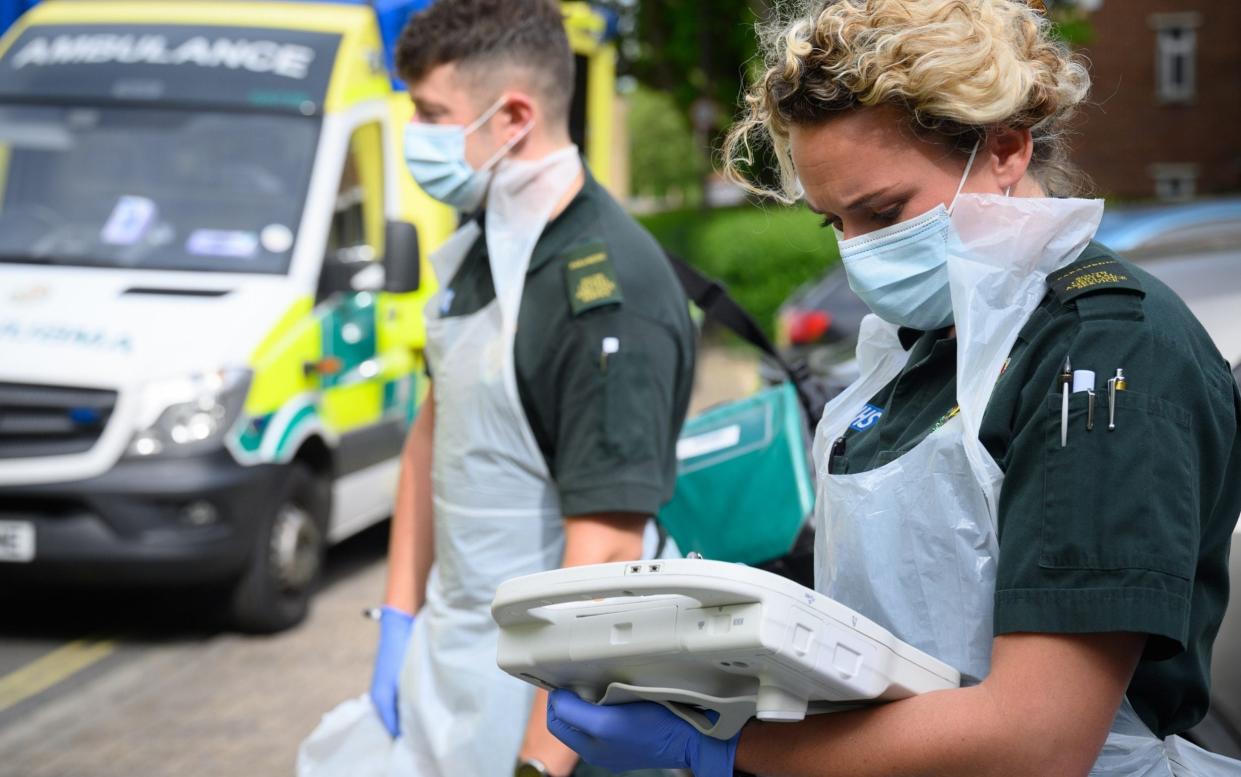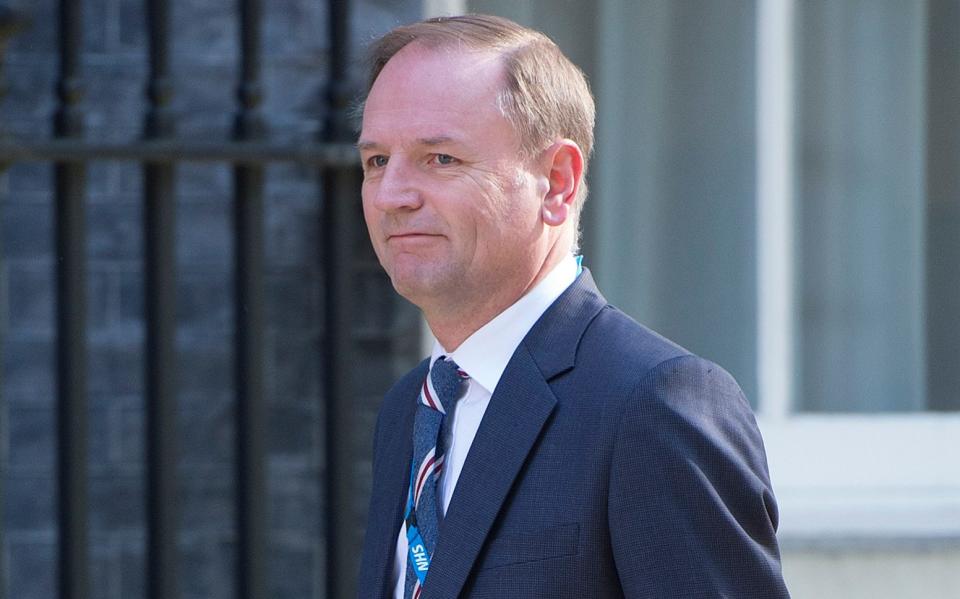Heart attack victims missing vital treatment because of coronavirus fears

Thousands of heart attack patients missed out on life-saving treatment while the UK was in lockdown and may have died or been left with serious disabilities, research has found.
By the end of May, there had been 5,000 fewer admissions to hospitals than would be expected of people suffering heart attacks, suggesting many patients had stayed away despite being in desperate need.
The analysis, led by the University of Oxford and NHS Digital and published in The Lancet, shows that the rate of hospital avoidance peaked at the end of March, when only two thirds of expected admissions of heart attack patients were recorded.
By the beginning of June, patients with the most serious type of heart attack, caused by a complete blockage of an artery, fell by about a quarter. If the artery is not reopened quickly, the heart muscle can die, causing the heart to pump less effectively and leading to heart failure.
Rates of admission for heart attacks caused by a partial blockage of blood supply also fell by 42 per cent. Although the symptoms tend to be less severe, many people benefit from a procedure to fully open the artery to reduce the risk of a second, potentially fatal, heart attack.
Dr Marion Mafham, clinical research fellow at the Nuffield Department of Population Health at the University of Oxford and the lead author of the study, said: "We can't tell how many of the 5,000 heart attack sufferers have died because they didn't get treatment in hospital, but we know that this will have caused avoidable deaths.
"In addition, many will suffer long-term health problems because of irreversible heart damage which could have been prevented.
"People with heart attacks who don't receive treatment in hospital are at risk of damage to the heart muscle, leading to long-term heart failure or suffering a further life-threatening heart attack later."
On Tuesday, new data from the Office of National Statistics showed the current death toll for Britain from coronavirus is 55,891.
But the pandemic has undoubtedly claimed far more lives and there have been 64,000 excess deaths compared to the five-year average, suggesting thousands of people have died from a lack of medical care.
Although the number of weekly registered deaths involving coronavirus has fallen to the lowest level since lockdown began – just 532 deaths registered for in the week ending July 3, down from 606 the previous week – the number of non-Covid-19 excess deaths at home is not falling.
Some 721 more people than expected died at home in the week ending July 3.
During lockdown, urgent cancer referrals across England dropped by 62 per cent, while chemotherapy treatments have been running at just 70 per cent of normal levels.

On April 25, Sir Simon Stevens, the chief executive of the NHS, had to launch a new drive to persuade the public to seek the urgent care and treatment they need.
Experts said it was vital that anyone with chest pain called an ambulance immediately, because every minute of delay increases the risk of dying or experiencing serious complications from a heart attack.
Senior author Professor Colin Baigent, director of the medical research council population health research unit at the University of Oxford, said: "Some people may still be worried about going to hospital because they fear encountering the coronavirus.
"But the truth is that, by delaying or not going to hospital, people with heart attacks are at much greater risk of dying from their heart attack than catching the virus, and the NHS is ready and able to provide excellent cardiological care."
Commenting on the report, Tim Chico, professor of cardiovascular medicine and honorary consultant cardiologist at the University of Sheffield, said: "This study confirms the personal experience of many cardiologists – the start of the Covid-19 pandemic in the UK was associated with a huge fall in the number of patients coming to hospital with heart attacks.
"Although on the face of it a reduction in heart attacks would be welcome, the strong suspicion is that the true rate of heart attacks did not fall, but simply that people did not seek help for chest pain or other symptoms.
"Unfortunately, Covid-19 has the potential to cause harm even to people not directly infected, as this study shows."

